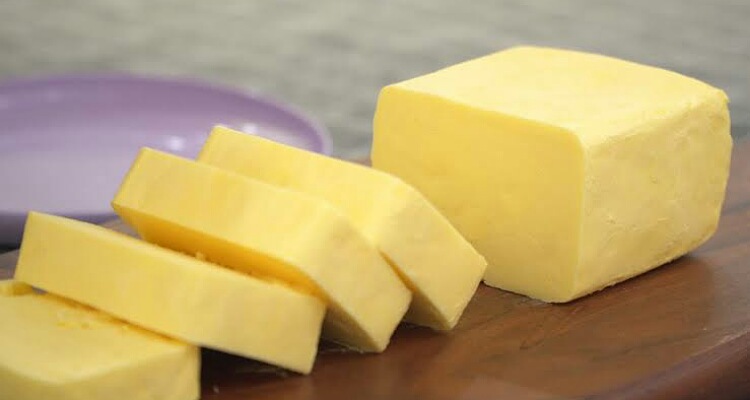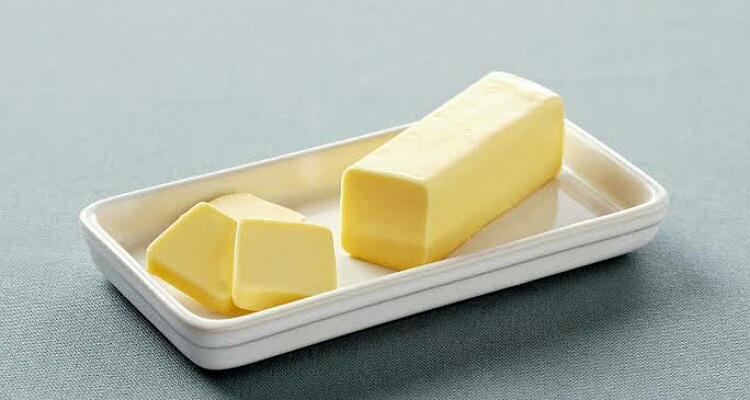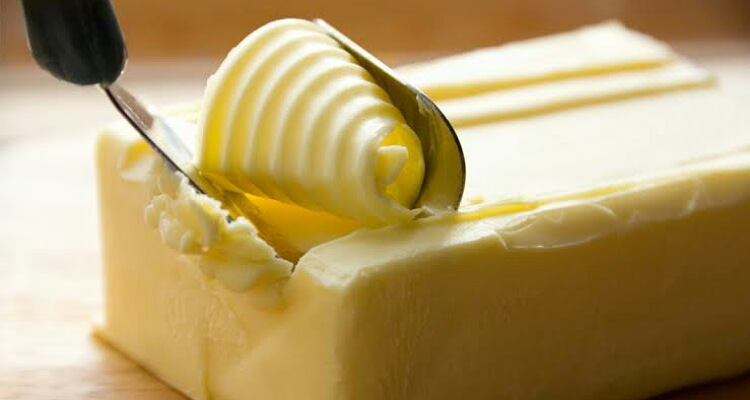Butter is a common and popular food item. But as regards its health aspect, there is a controversy.
Some call it a bad spread while there are others who advocate its use. The latter call butter a nutritious and flavorful addition to the daily diet. Is butter good or bad?
What is butter? What are its types?
Butter is a dairy product that is prepared by vigorous churning of milk. Due to the churning, solid fats get separated out and form a layer above the liquid.
The remaining fluid is the buttermilk. Butter can be made from milk of different animals such as cow, buffalo, goat, sheep or camel.

There are different types of butters. They may be salted or unsalted or clarified. Butter obtained from milk of animals that are fed on grass is called grass fed butter.
The production method and ingredients of these types vary. Butter has a creamy texture and a rich flavor. It is especially useful when high temperature cooking is desired.
Butter is used in baking to add volume to the food. Addition to cooked pastas, roasted veggies, salads, or as a spread on bread enriches those dishes.
Nutritive value of butter
One tablespoon of butter provides 102 calories, and has a total fat content of 11.5 grams. Therefore it has high calories and fats. But it also has other nutrients.
These include vitamin A, E, K, and B12. Additionally, butter has calcium, phosphorus, niacin, and riboflavin, though in small amounts.

Butter has a lot of conjugated linoleic acid or CLA. This is a fat found in dairy and meat. CLA is anti-cancerous and reduces risk of colon, colorectal, breast, stomach, liver, and prostate cancer.
It aids in weight management. It promotes immune function and decreases inflammation. Butter also has butyrate, a short chain fatty acid that has health benefits.
Health score of butter: good or bad?
Butter has high calories. This could increase the weight of the consumer. Moreover, 63% of the fat in butter is saturated. Monounsaturated fat is around 26% and polyunsaturated fat around 4% of the total fat in butter.
Saturated fats are not healthy. They clog the arteries and cause heart problems. But there are some studies that have refuted the claims that saturated fats are bad for health of heart.
Butter can be combined with heart-friendly fats or oils (fatty fish oil, nuts, seeds) to dilute its ill-effects, if any. It is okay if saturated fats in a day are less than 10% of the daily calories intake.

Also, read salted brown butter crispy treats
Moreover, butter has a high smoke point and is resistant to oxidation. Therefore formation of damaging free radicals is less during the cooking process. Its CLA and butyrate content is good for digestion and boosting of metabolism.
So butter is neither good nor bad. Research has revealed that though butter has a bad reputation as an unhealthy food, if taken in moderation it does no harm. Combine it with healthy oils from different sources as a balanced diet.